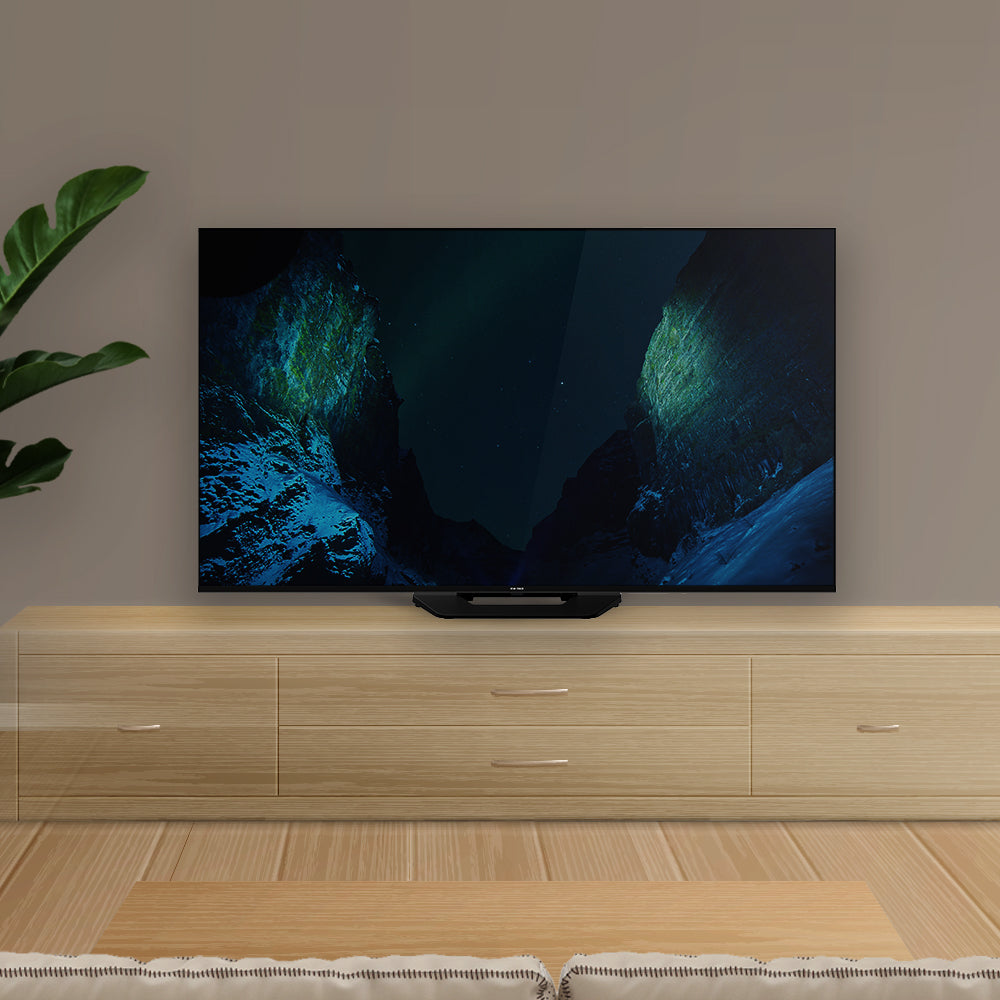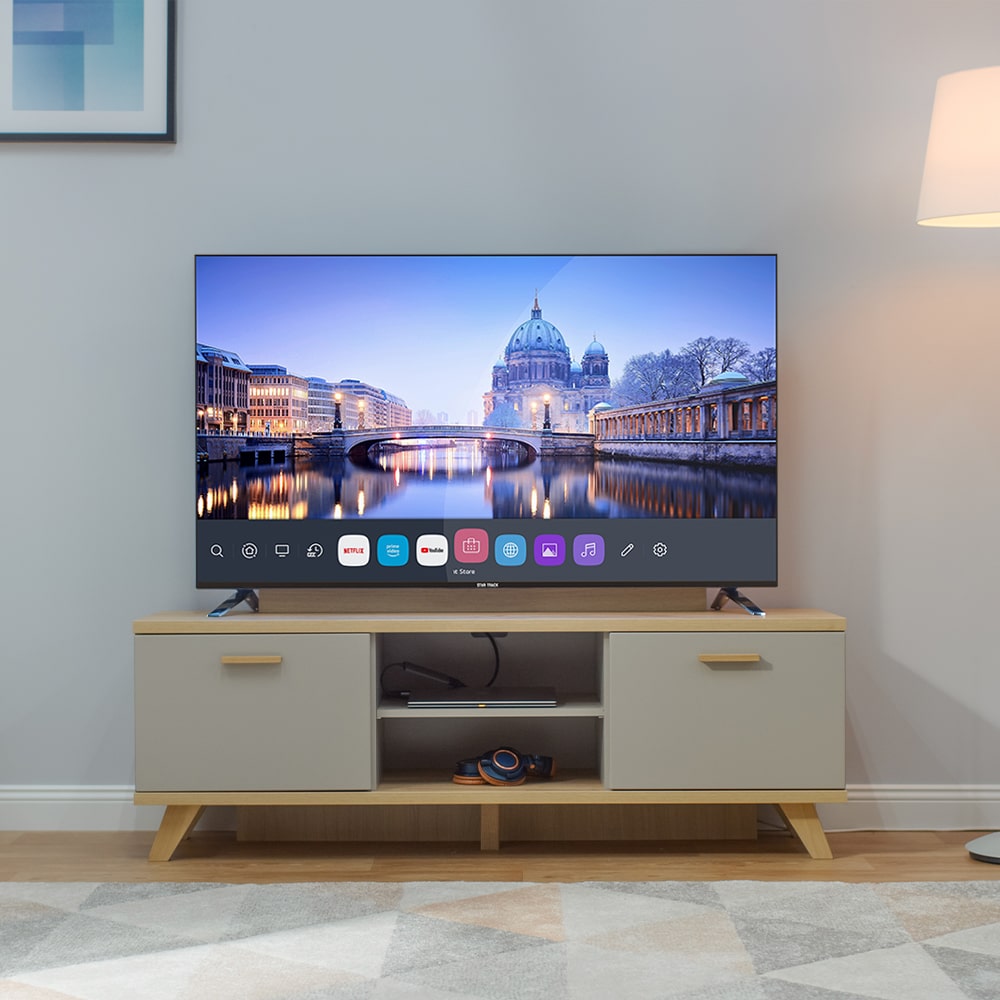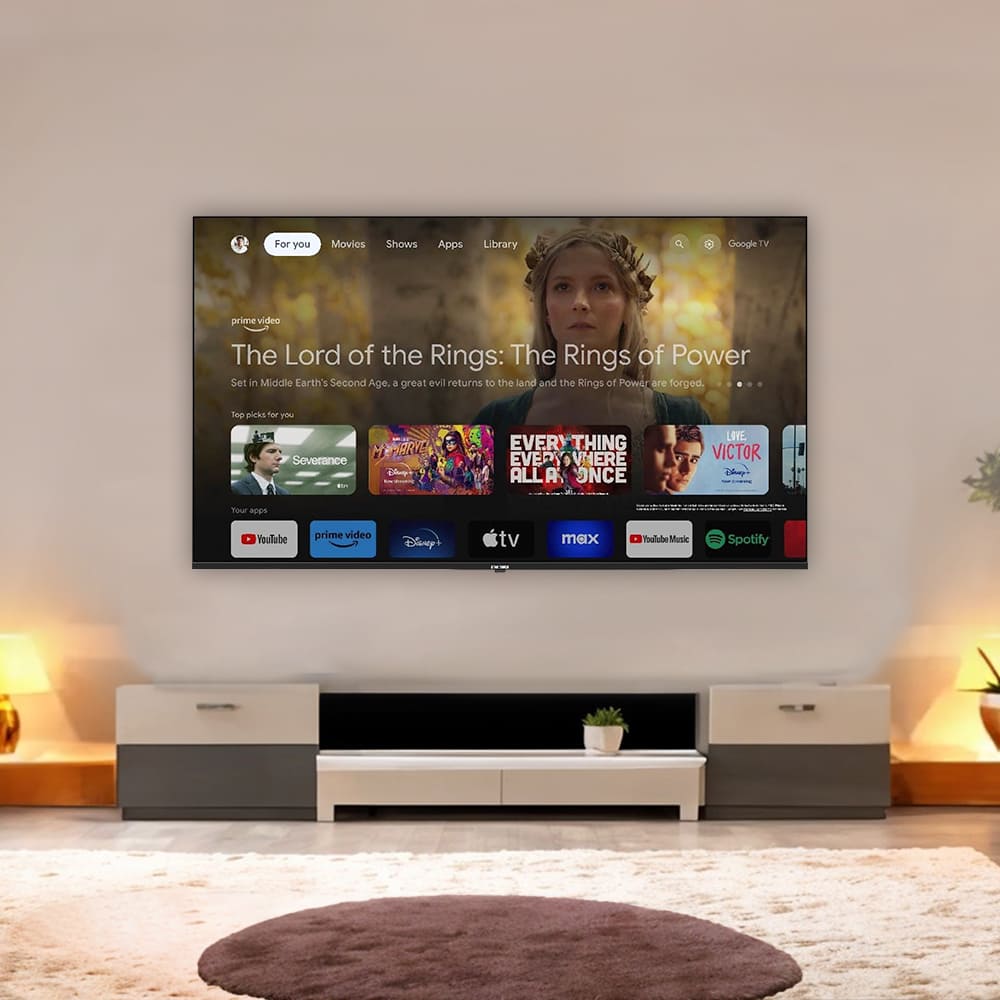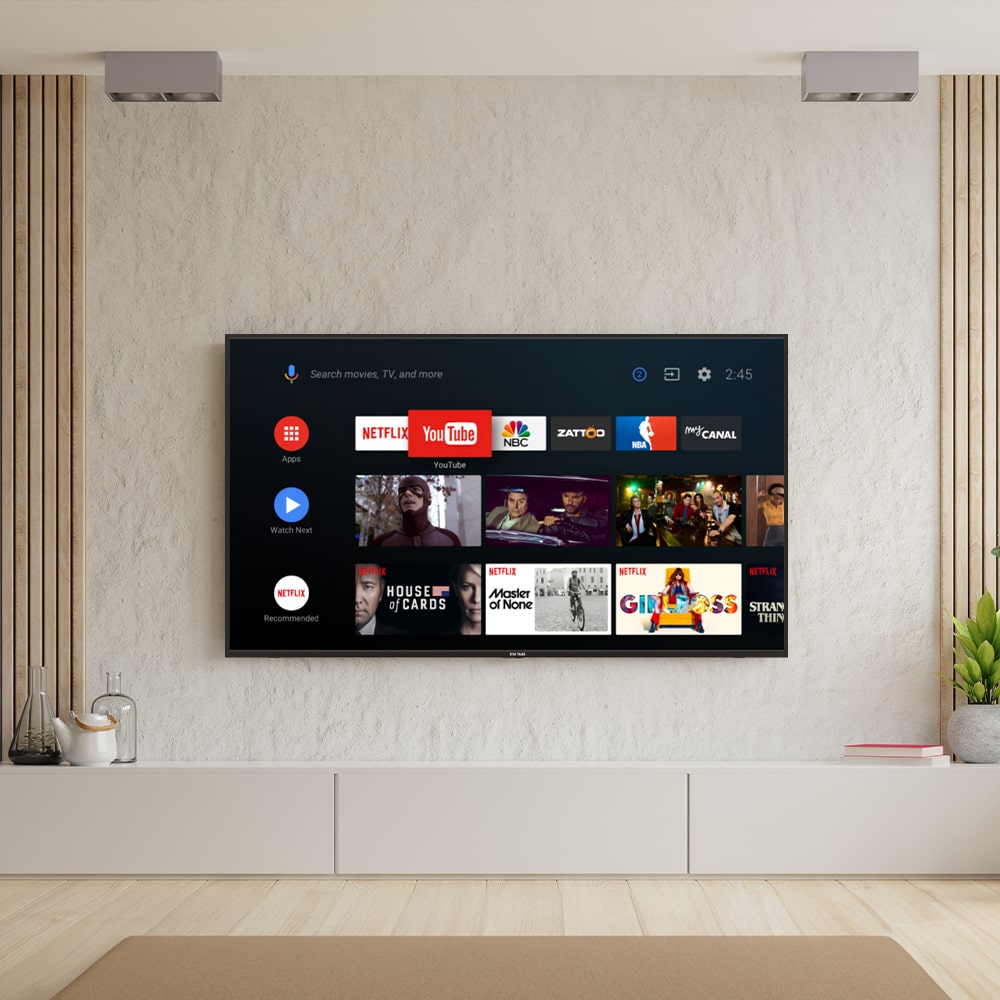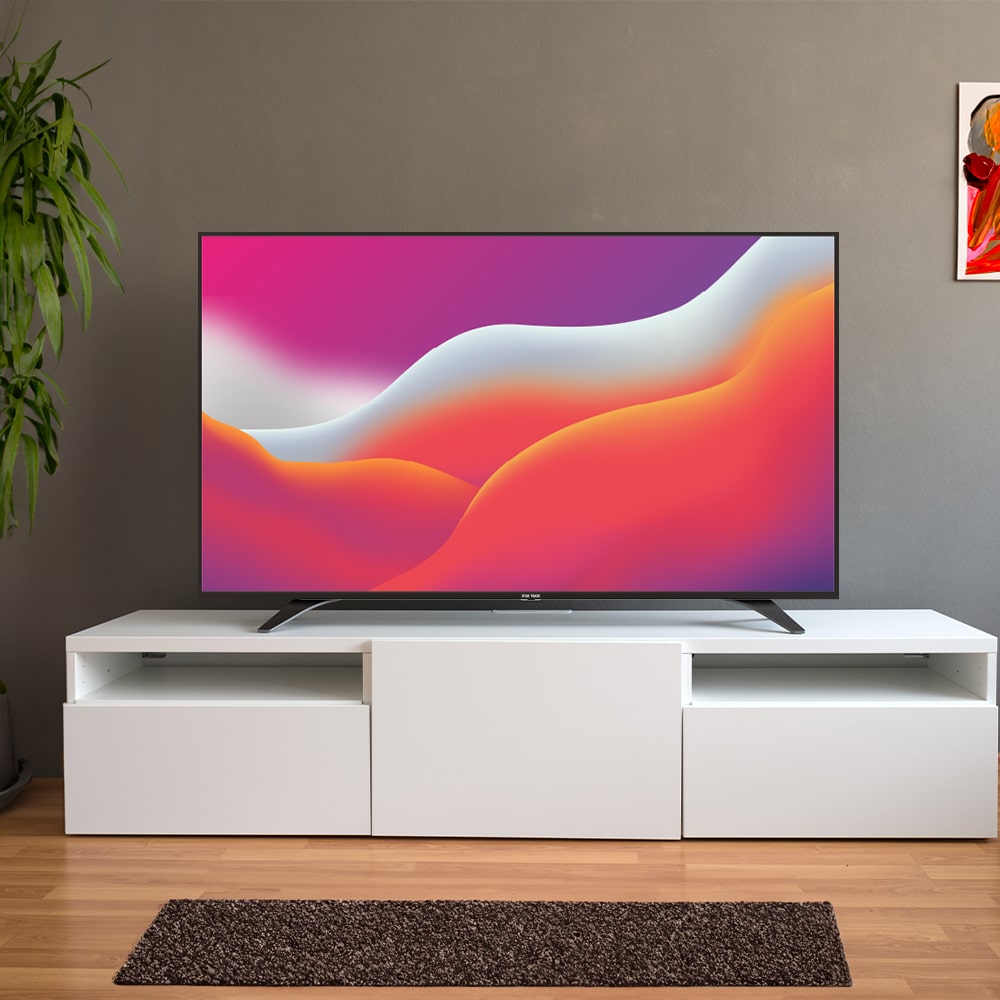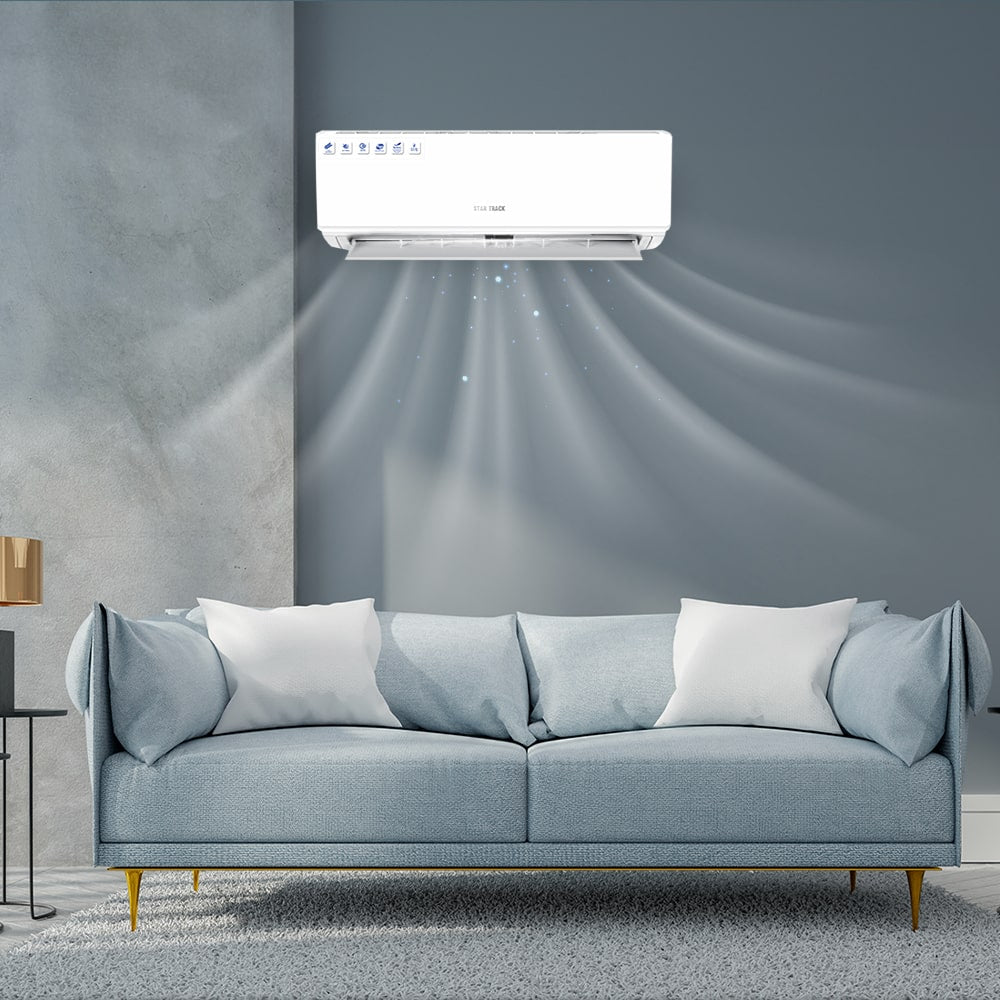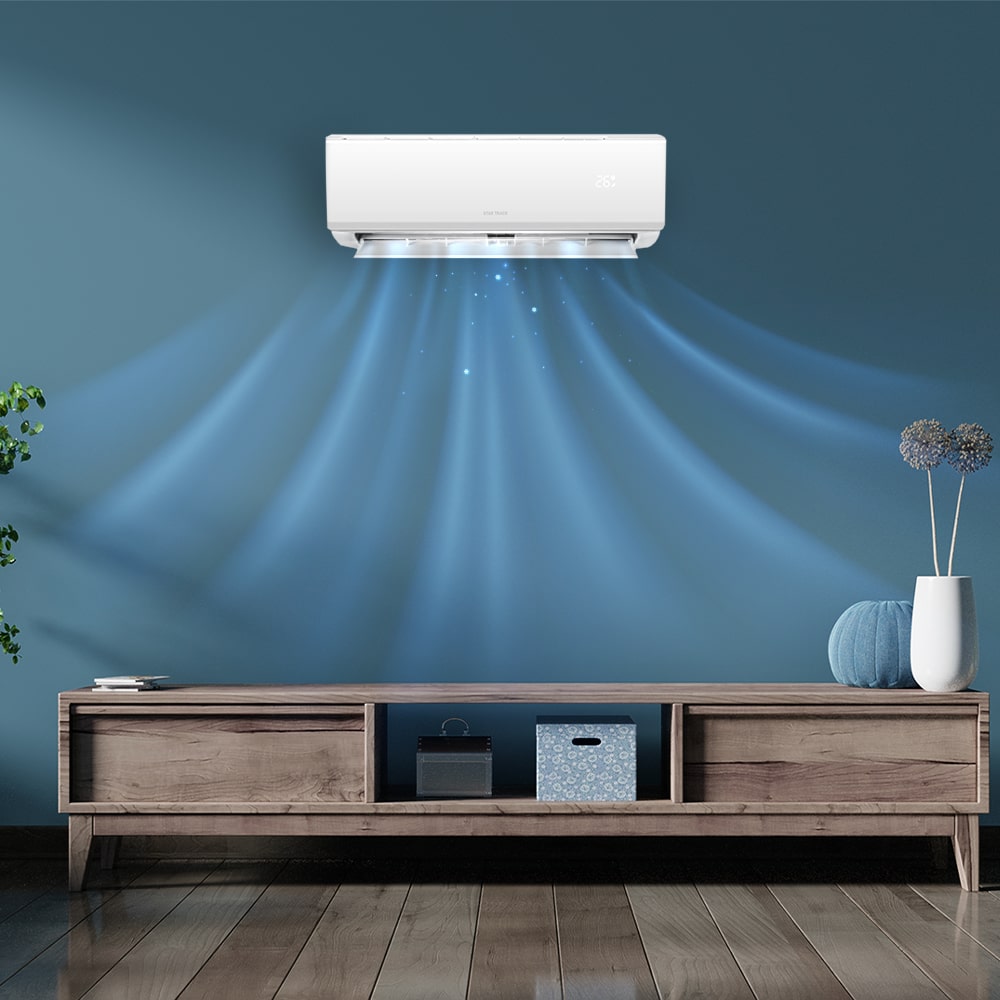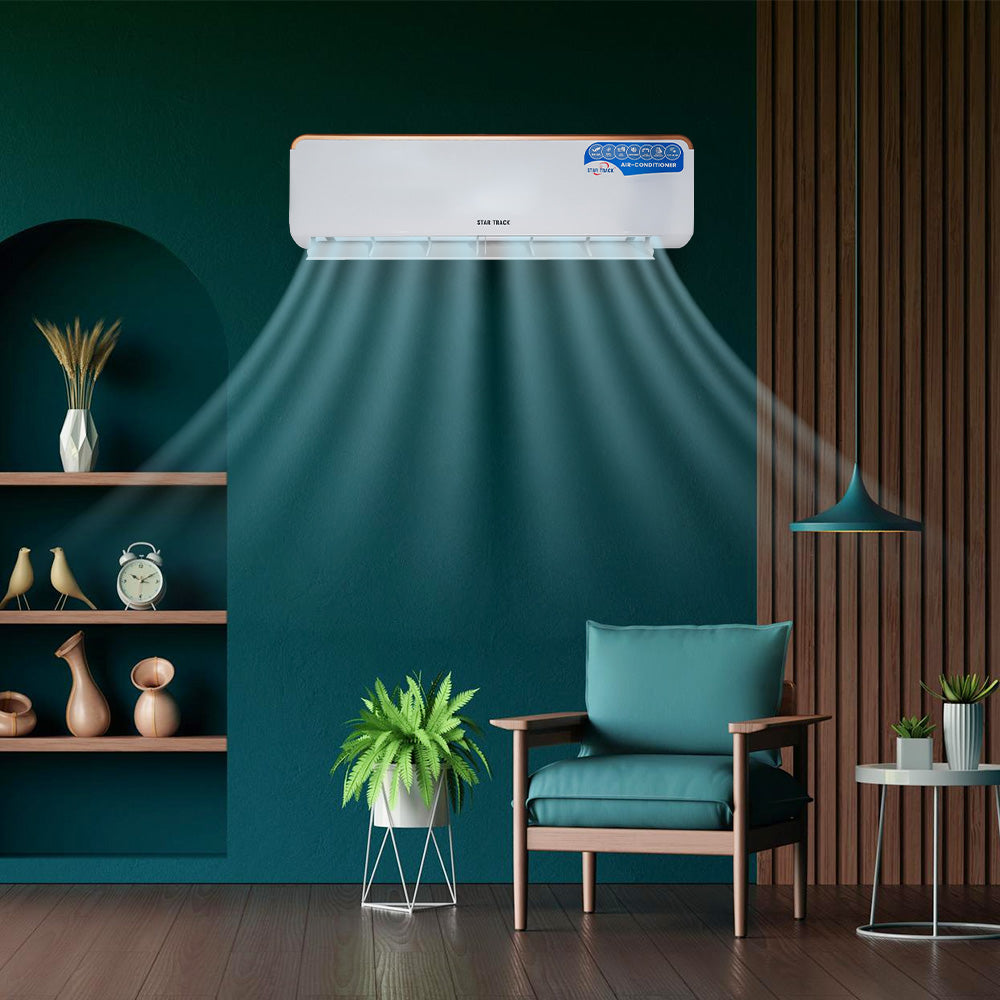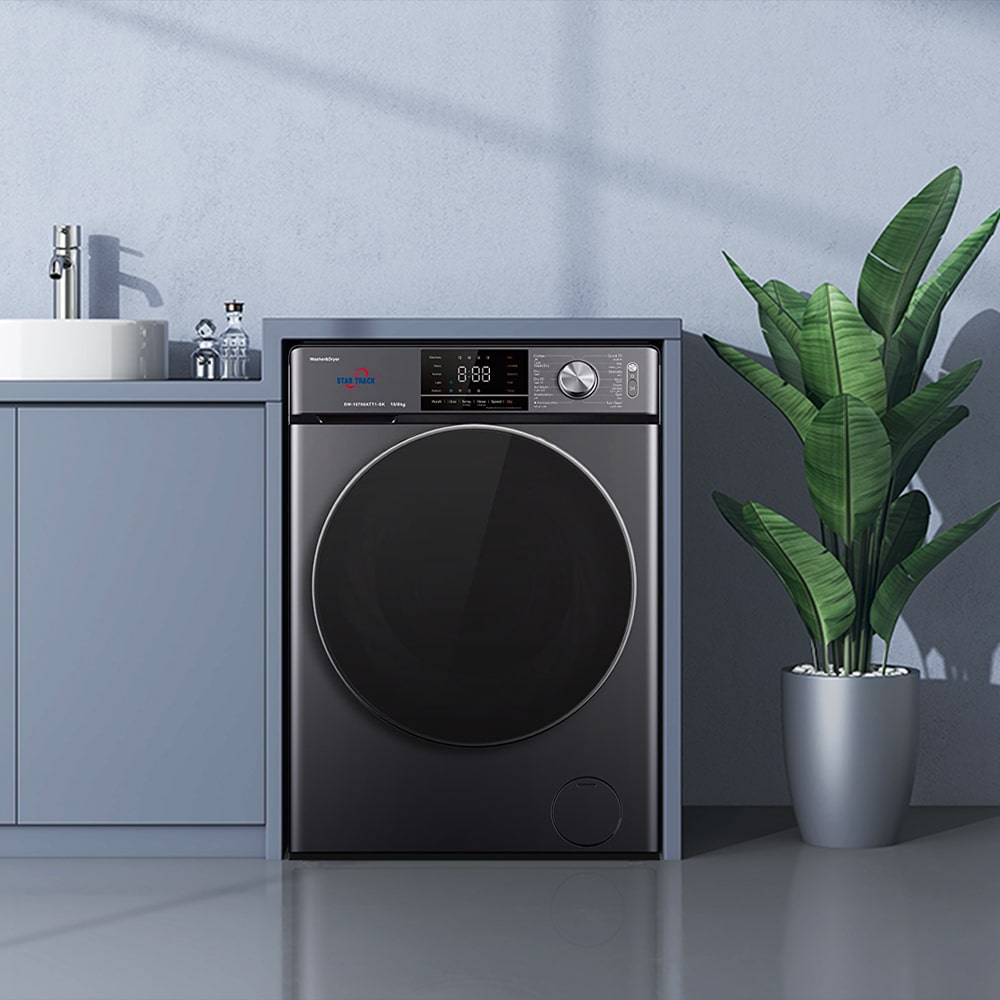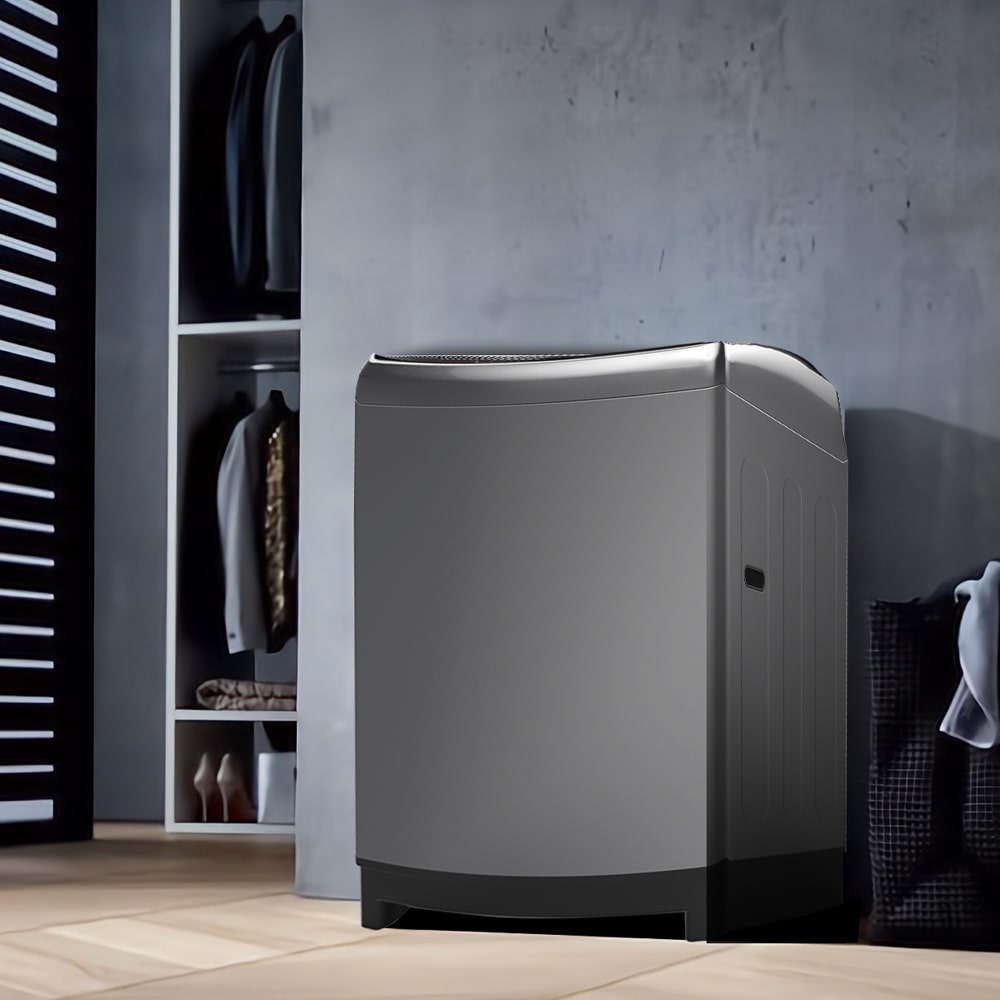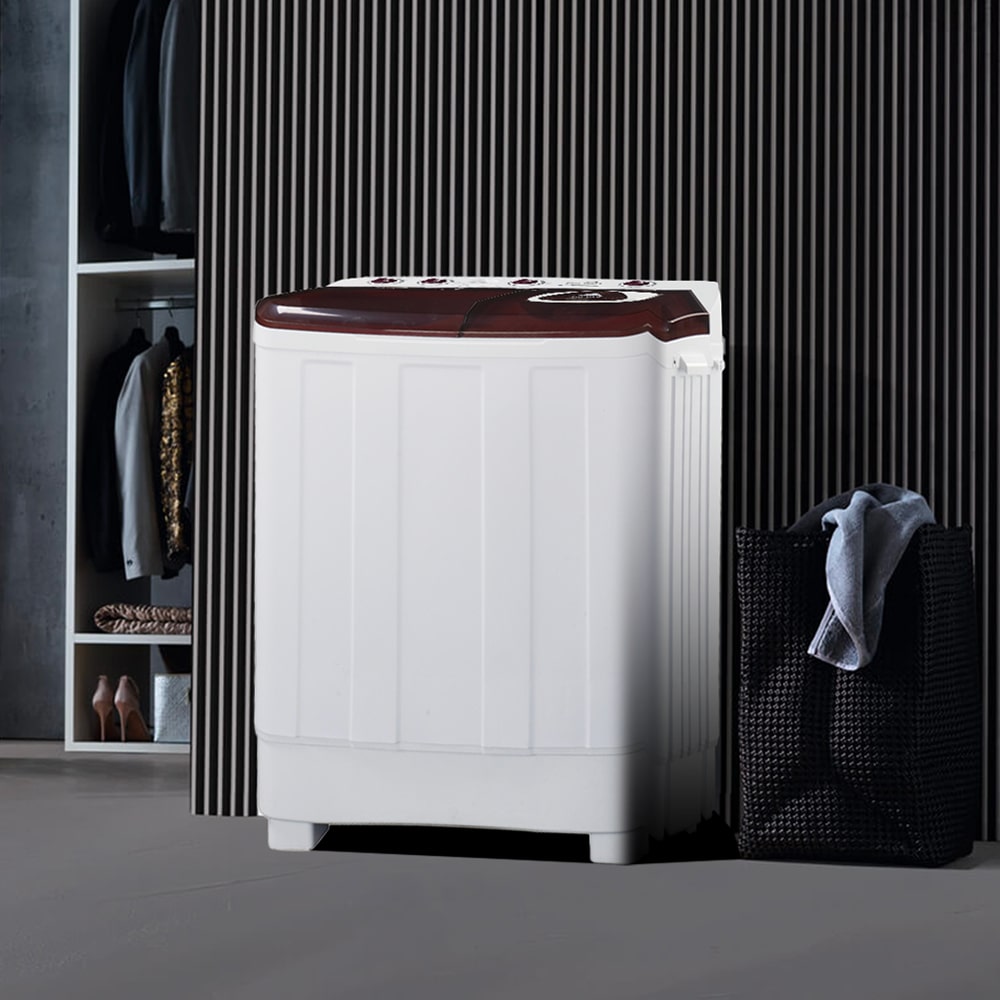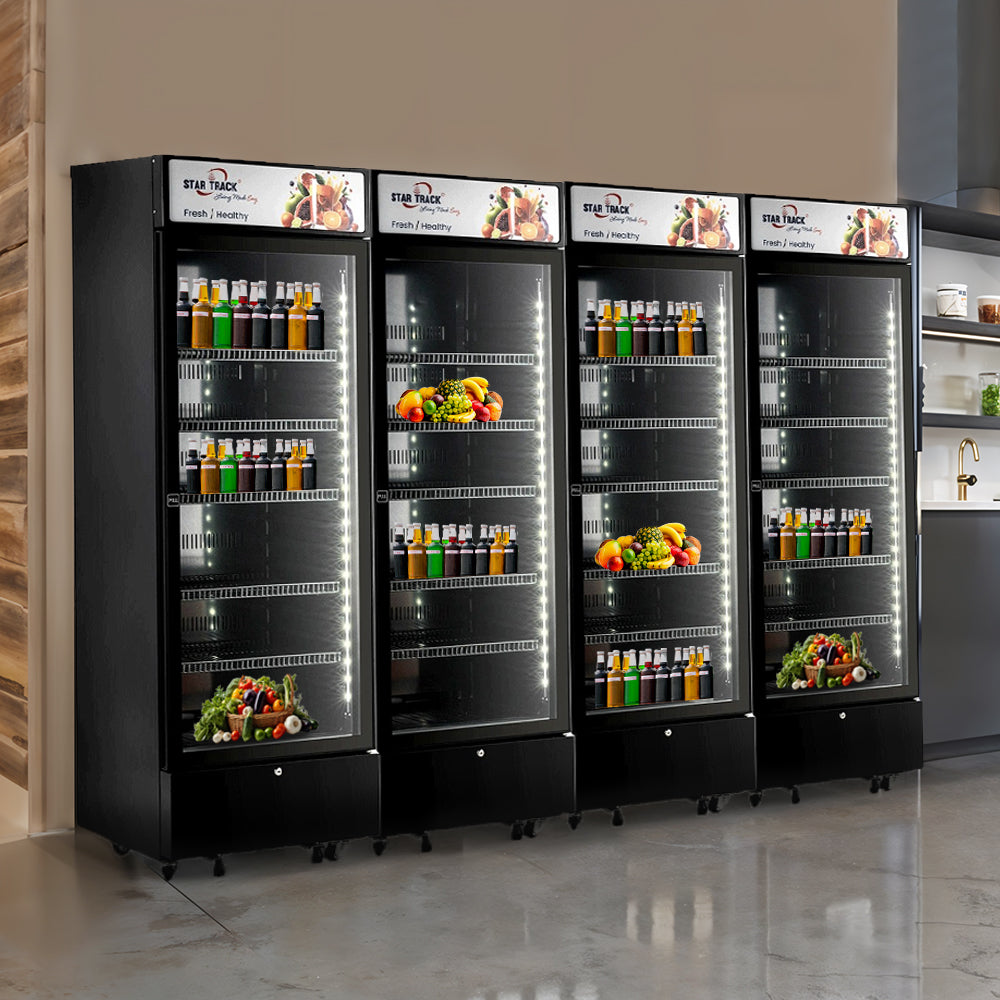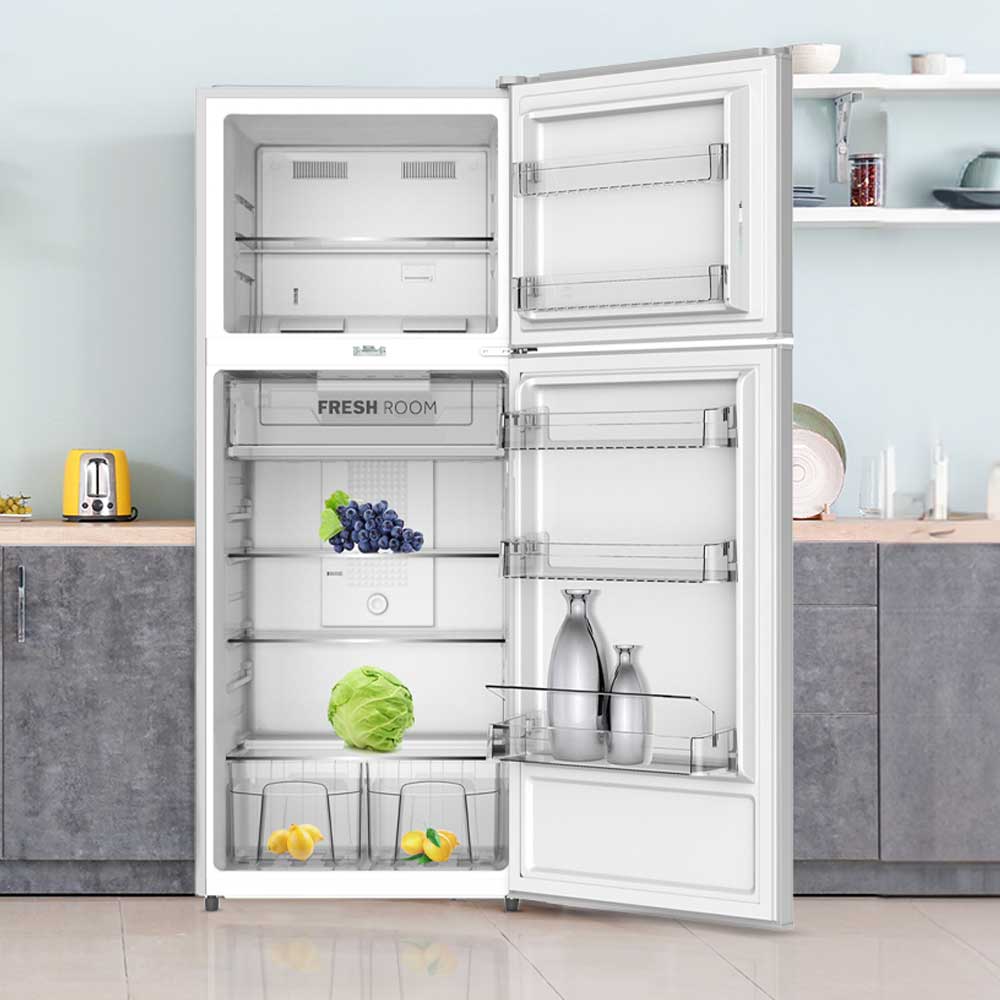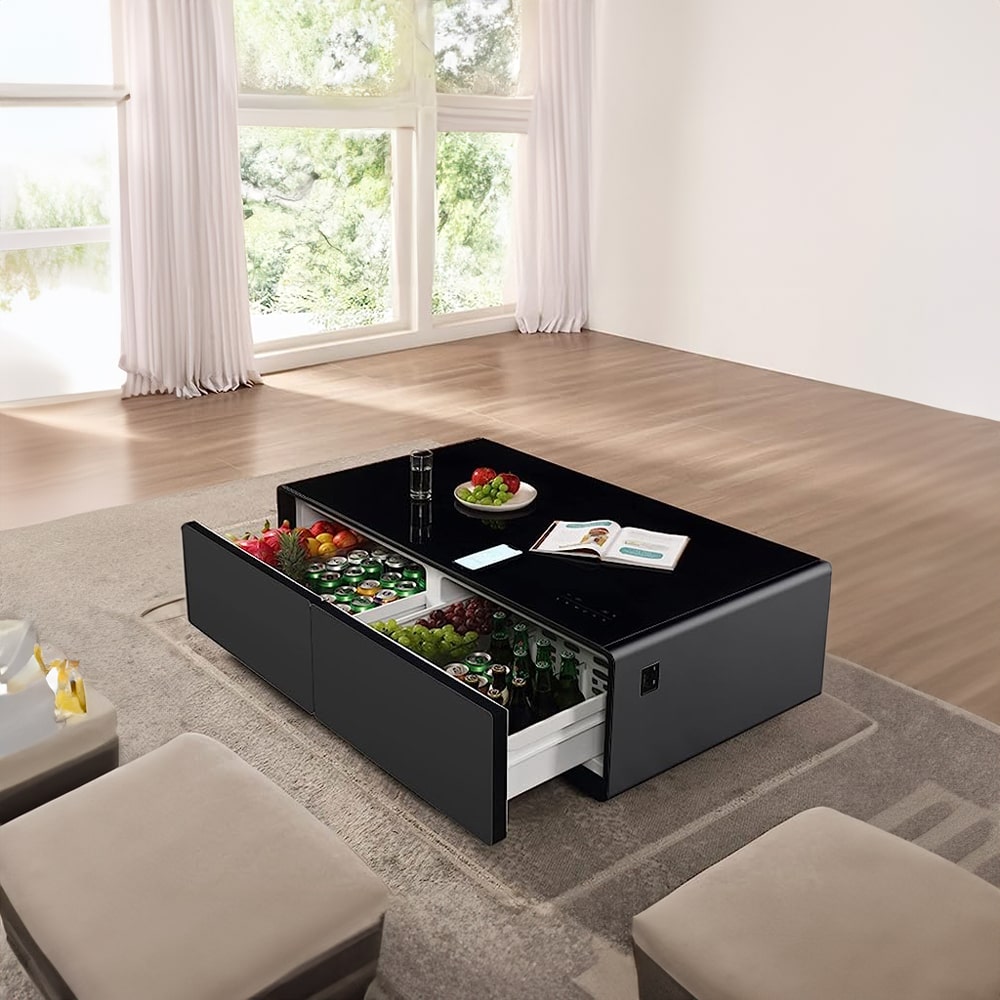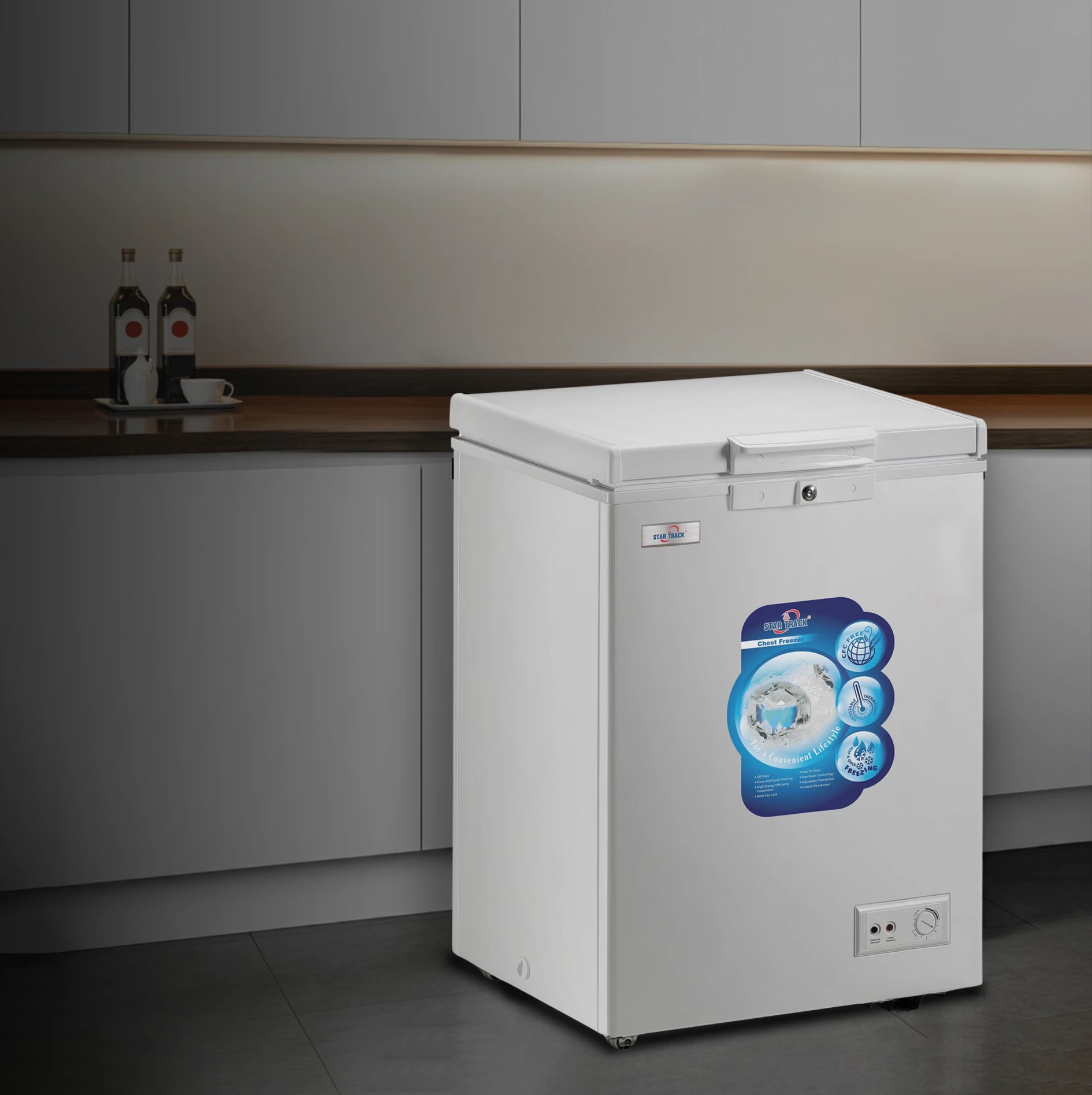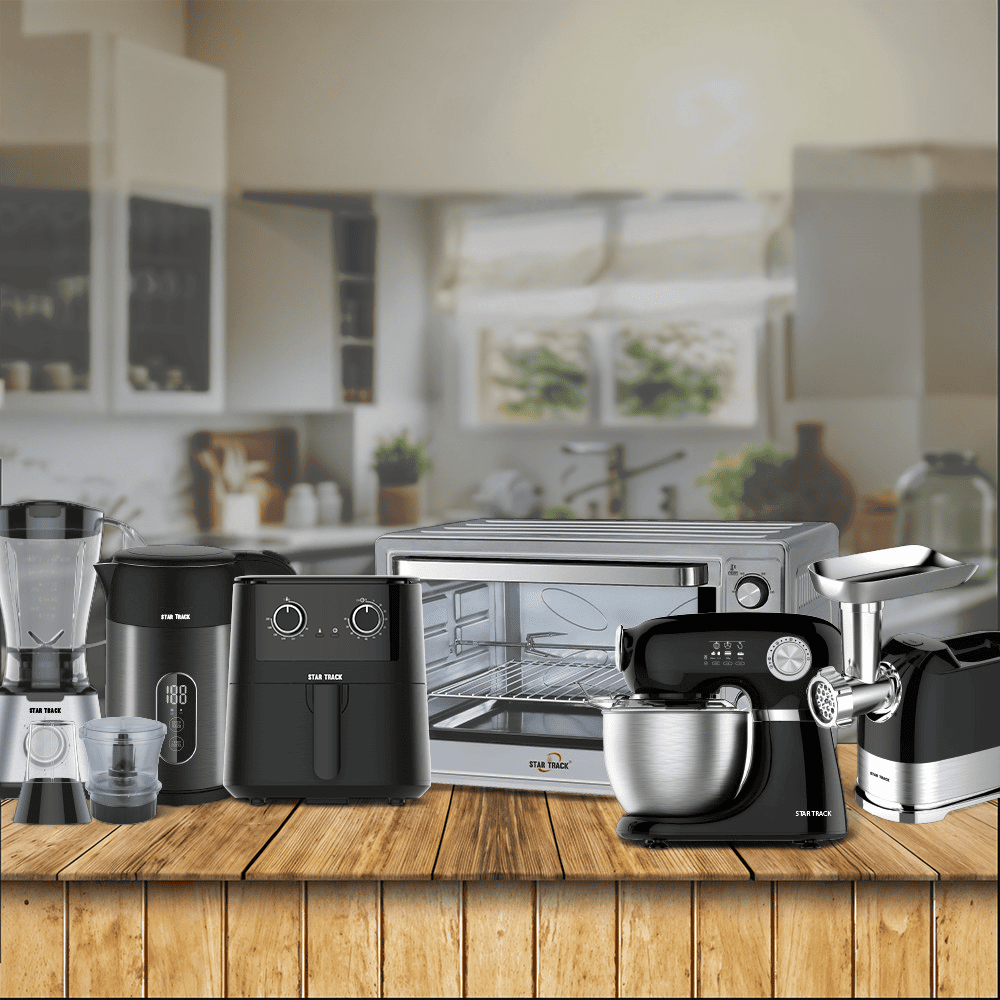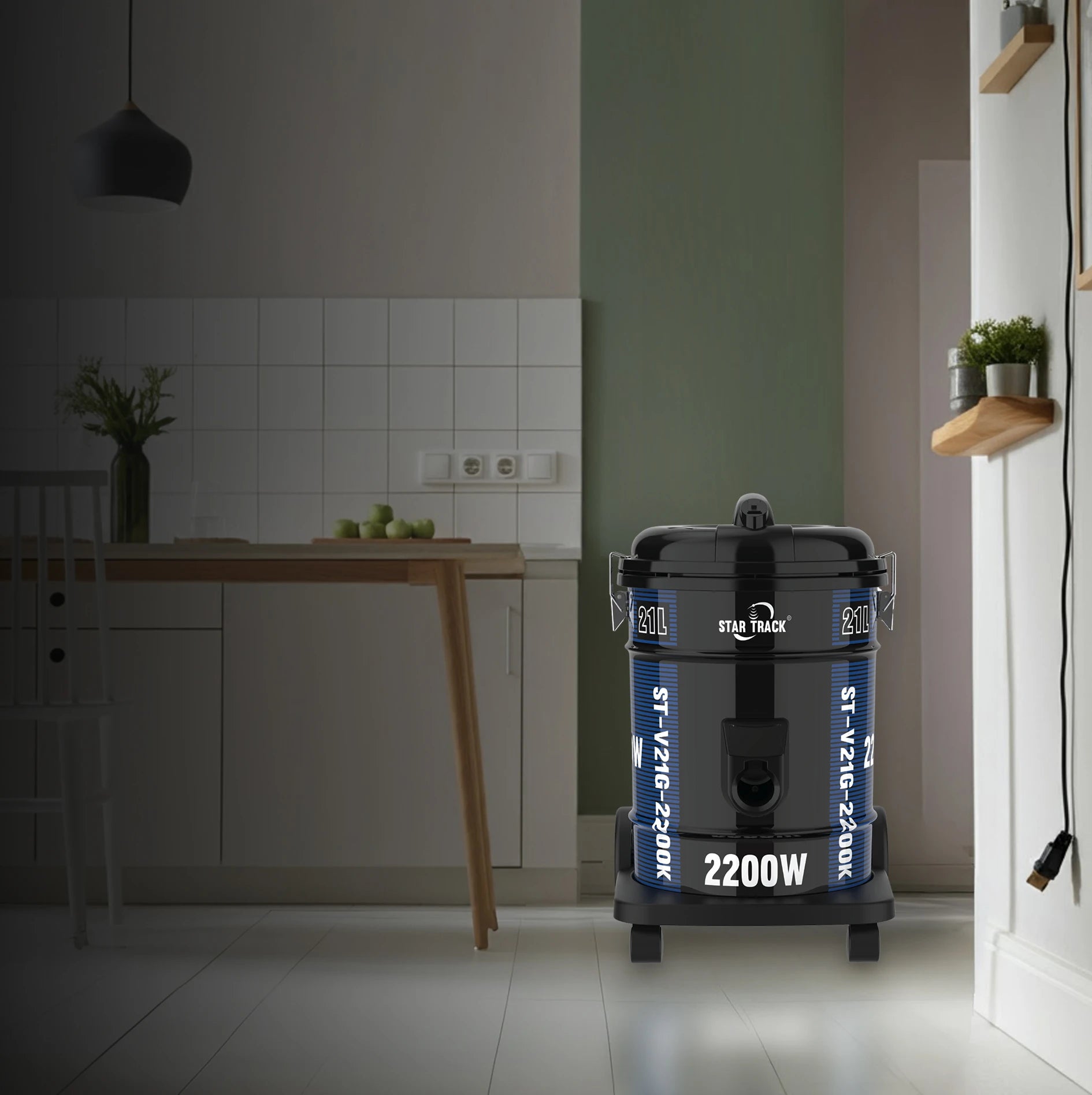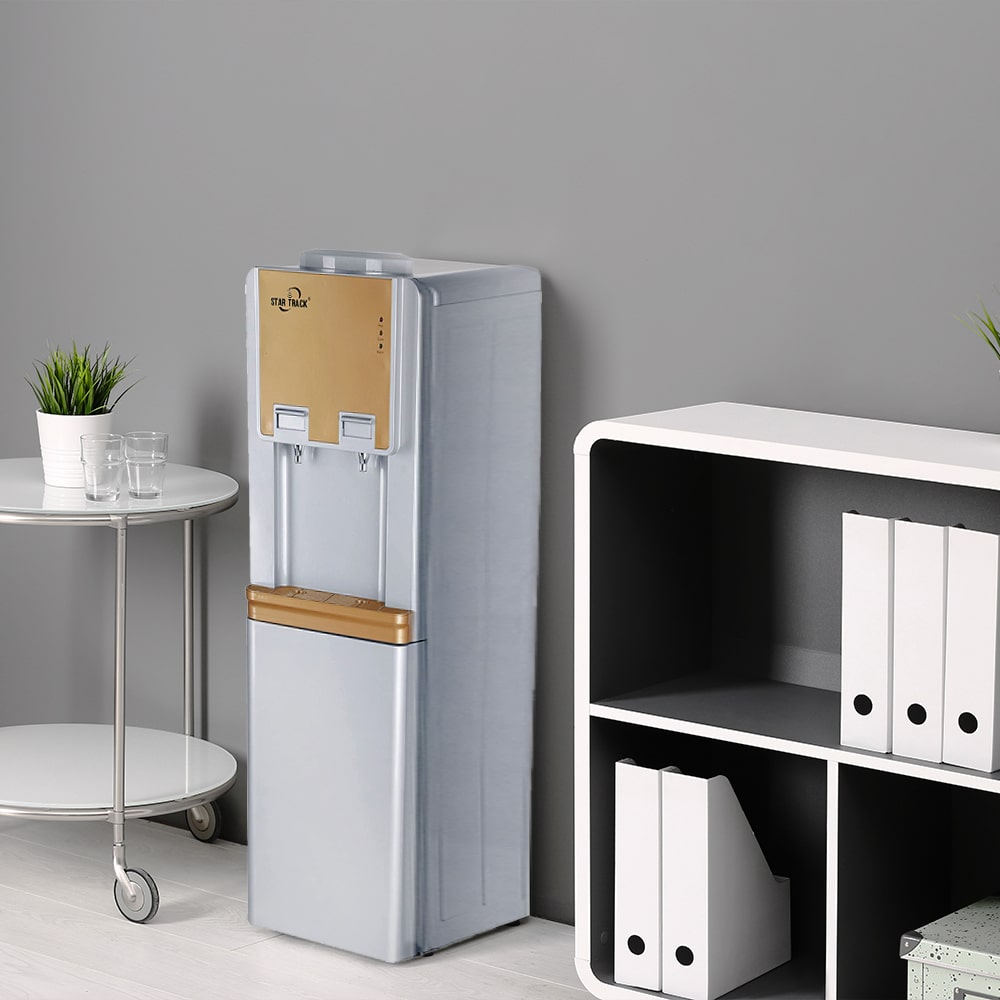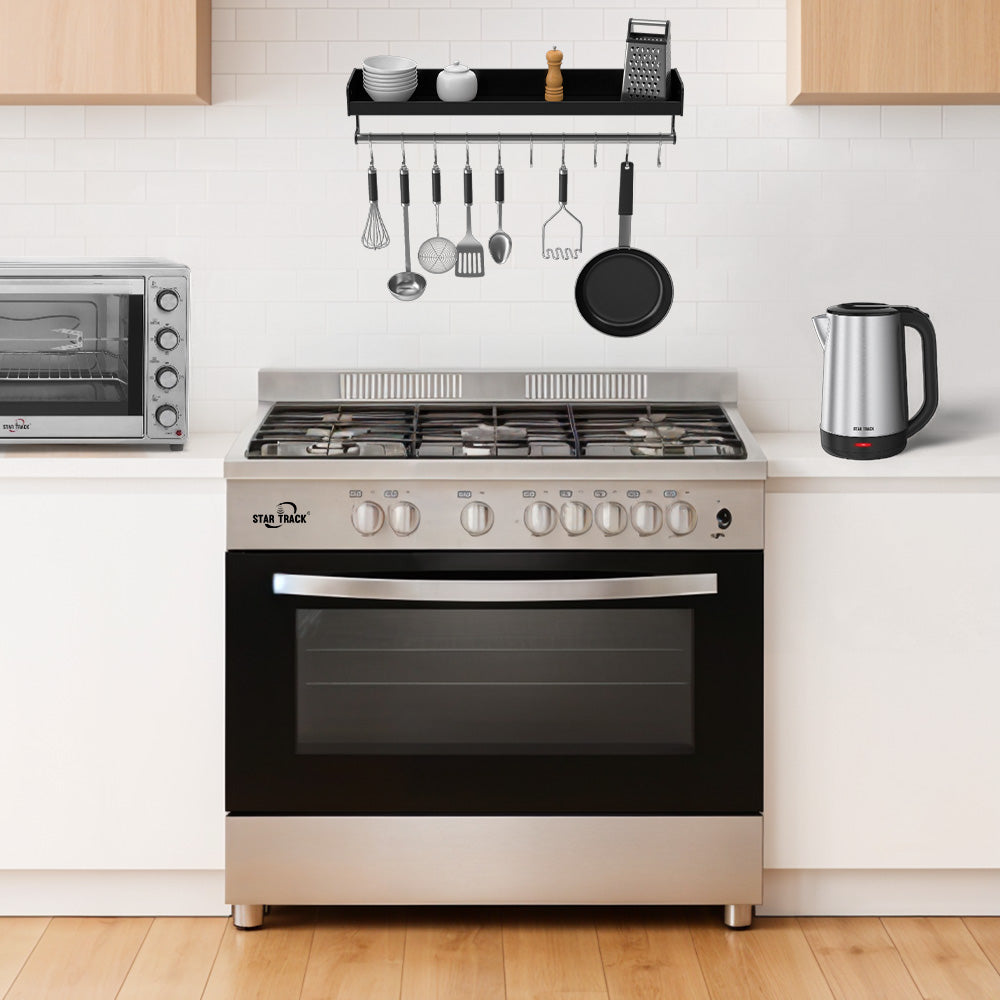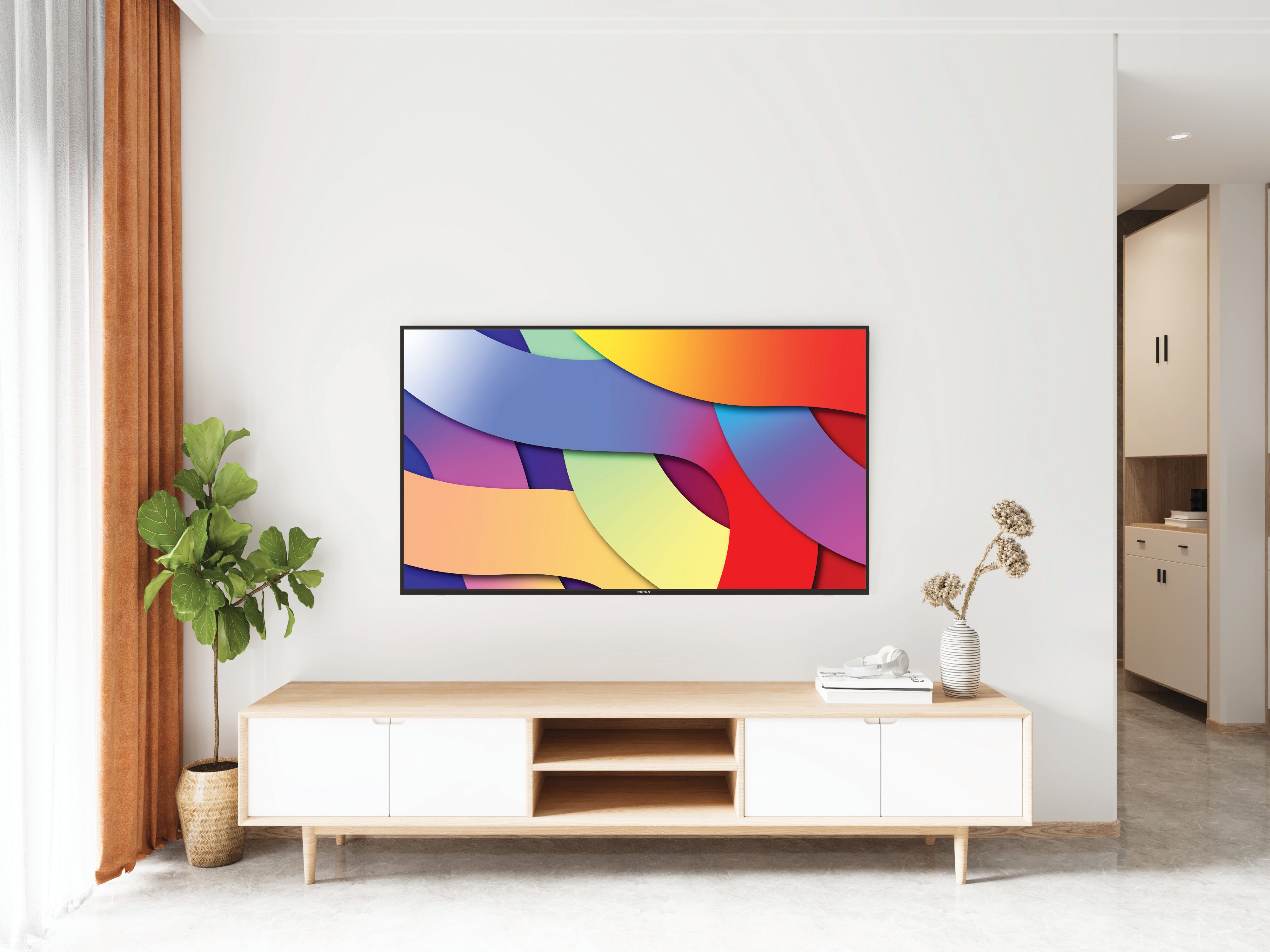Searching for the perfect air conditioner for your home can be overwhelming with so many options on the market. Whether you're upgrading or buying for the first time, it's important to choose the right one for your home.
But fear not, because Star Track World is here to help! In this article, we'll share seven expert tips to guide you in selecting the perfect air conditioner that meets your needs.
Firstly, it's essential to consider the size of your space. An undersized unit won't cool efficiently, while an oversized one will result in frequent on-off cycles.
Secondly, take into account your location's climate. A hot and humid environment may require a different type of air conditioner compared to a cooler region.
Next, think about energy efficiency. An energy-efficient model will not only save you money on utility bills but also reduce your carbon footprint. Moreover, pay attention to noise levels and choose a unit that operates quietly.
Lastly, make sure to think about additional features that align with your preferences and lifestyle. From smart thermostats to programmable timers, there are countless options to enhance your cooling experience.
By following these tips, you'll be well on your way to selecting the perfect air conditioner for your home. So, let's get started!
Importance of Choosing the Right Air Conditioner
Choosing the right air conditioner is crucial for maintaining comfort in your home, especially during the hot summer months.
An air conditioner that's too small won't cool your space effectively, leading to discomfort and higher energy costs as the unit struggles to maintain the desired temperature.
Conversely, an oversized unit will cycle on and off too frequently, which can lead to increased wear and tear, higher energy consumption, and uneven cooling.
The right air conditioner ensures that you get the best performance and energy efficiency, providing consistent and comfortable temperatures throughout your home.
Additionally, it contributes to better indoor air quality by removing excess humidity and filtering out pollutants.
Investing time and effort into selecting the right air conditioner will pay off in comfort, energy savings, and long-term satisfaction.
Determining the Cooling Capacity Required for Your Home
One of the first steps in choosing the perfect air conditioner is determining the appropriate cooling capacity for your home. Cooling capacity is measured in British Thermal Units (BTUs) per hour, and selecting the right capacity is essential for efficient cooling.
Calculating BTU Requirements
To calculate the BTU requirements for your space, consider the following factors:
- Room Size: Measure the length and width of the room to determine the square footage. For rectangular rooms, multiply the length by the width. For irregularly shaped rooms, divide the space into smaller sections, calculate the square footage of each section, and then sum them up.
- Ceiling Height: Standard ceiling heights are typically 8 feet. If your ceiling is higher, you'll need to adjust the BTU calculations accordingly.
- Climate: Consider your local climate. In hotter regions, you may need a higher BTU rating to compensate for the extreme temperatures.
- Room Usage: Rooms with more occupants or heat-generating appliances (like kitchens) may require additional cooling capacity.
- Insulation and Sunlight: Well-insulated rooms with minimal sunlight exposure will need less cooling capacity compared to poorly insulated rooms with direct sunlight.
BTU Guidelines
Here are general BTU guidelines based on room size:
- Up to 150 sq. ft.: 5,000 BTUs
- 150-250 sq. ft.: 6,000 BTUs
- 250-300 sq. ft.: 7,000 BTUs
- 300-350 sq. ft.: 8,000 BTUs
- 350-400 sq. ft.: 9,000 BTUs
- 400-450 sq. ft.: 10,000 BTUs
- 450-550 sq. ft.: 12,000 BTUs
- 550-700 sq. ft.: 14,000 BTUs
- 700-1,000 sq. ft.: 18,000 BTUs
- 1,000-1,200 sq. ft.: 21,000 BTUs
For larger spaces, you may need to install multiple units or consider a central air conditioning system.
Energy Efficiency Considerations
Energy efficiency is a crucial factor to consider when choosing an air conditioner. An energy-efficient unit not only reduces your utility bills but also minimizes your environmental impact. Look for the following indicators of energy efficiency:
SEER Rating
The Seasonal Energy Efficiency Ratio (SEER) measures the cooling output of an air conditioner divided by the energy it consumes over a typical cooling season. Higher SEER ratings indicate better energy efficiency. The minimum SEER rating for new air conditioners is 13, but units with SEER ratings of 16 or higher are considered highly efficient.
ENERGY STAR Certification
Air conditioners that have earned the ENERGY STAR certification meet strict energy efficiency guidelines set by the U.S. Environmental Protection Agency. These units use up to 15% less energy than non-certified models, helping you save money and reduce your carbon footprint.
Inverter Technology
Inverter air conditioners adjust the compressor speed to maintain a consistent temperature, which can lead to significant energy savings compared to traditional units that cycle on and off. Inverter technology also provides quieter operation and improved temperature control.
Programmable Thermostats and Smart Controls
Air conditioners with programmable thermostats and smart controls allow you to set temperature schedules and control the unit remotely via a smartphone app. This feature helps optimize energy use by cooling your home only when needed.
Types of Air Conditioners Available
There are several types of air conditioners to choose from, each with its own set of advantages and drawbacks. Understanding the differences between these types will help you select the best option for your home.
Window Air Conditioners
Window air conditioners are a popular choice for cooling individual rooms. They are installed in a window or a specially designed slot in an exterior wall. Window units are generally affordable and easy to install, making them a convenient option for renters or those who need temporary cooling solutions.
Portable Air Conditioners
Portable air conditioners are standalone units that can be moved from room to room. They require a venting kit to exhaust warm air through a window or sliding door. Portable units are ideal for spaces where window units are not feasible or for supplemental cooling in specific areas.
Split Air Conditioners
Split air conditioners consist of two main components: an indoor unit and an outdoor unit. The indoor unit is mounted on the wall and connected to the outdoor unit via refrigerant lines. Split systems are known for their quiet operation, efficient cooling, and ability to cool multiple rooms or larger spaces.
Central Air Conditioning Systems
Central air conditioning systems are designed to cool entire homes by distributing cool air through a network of ducts. These systems offer the most consistent and comprehensive cooling but require professional installation and regular maintenance. Central systems are ideal for larger homes or those undergoing significant renovations.
Ductless Mini-Split Systems
Ductless mini-split systems are similar to traditional split systems but do not require ductwork. They consist of an outdoor compressor and one or more indoor units. Ductless systems are highly efficient, provide zoned cooling, and are suitable for homes without existing ducts or for additions and renovations.
Features to Look for in an Air Conditioner
Modern air conditioners come with a variety of features designed to enhance comfort, convenience, and energy efficiency. Here are some key features to consider:
Smart Thermostats
Smart thermostats allow you to control your air conditioner remotely using a smartphone app. They can learn your preferences, create customized cooling schedules, and provide energy usage reports. Smart thermostats enhance comfort and efficiency by ensuring your home is cooled according to your needs.
Programmable Timers
Programmable timers let you set specific times for the air conditioner to turn on and off. This feature is useful for cooling your home before you arrive and saving energy when the space is unoccupied.
Air Purification
Some air conditioners come with built-in air purifiers that remove dust, allergens, and pollutants from the air. This feature is especially beneficial for individuals with allergies or respiratory conditions, as it improves indoor air quality.
Dehumidification
High humidity levels can make a room feel warmer and more uncomfortable. Air conditioners with dehumidification settings remove excess moisture from the air, creating a more comfortable environment.
Multiple Fan Speeds
Air conditioners with multiple fan speeds allow you to adjust the airflow to your preference. Higher fan speeds provide faster cooling, while lower speeds offer quieter operation and energy savings.
Sleep Mode
Sleep mode is a feature that gradually adjusts the temperature and fan speed while you sleep, ensuring a comfortable sleeping environment without excessive cooling or noise.
Remote Control
A remote control provides convenient access to your air conditioner's settings from anywhere in the room. This feature allows you to adjust the temperature, fan speed, and mode without having to get up.
Considering the Noise Level
Noise level is an important consideration, especially if the air conditioner will be installed in a bedroom or living area. Units with low noise levels ensure a comfortable and peaceful environment without disruptive sounds. Here are some tips for selecting a quiet air conditioner:
Decibel Ratings
Check the decibel (dB) rating of the air conditioner. Units with decibel ratings between 25 and 50 dB are considered quiet. For comparison, normal conversation typically measures around 60 dB.
Inverter Technology
Air conditioners with inverter technology tend to operate more quietly than traditional units. The variable speed compressor in inverter models adjusts smoothly, reducing noise during operation.
Soundproofing Features
Some air conditioners come with soundproofing features, such as insulated compressor compartments and specially designed fan blades, to minimize noise. Look for units that advertise quiet operation or have received positive reviews for their low noise levels.
Maintenance and Servicing Requirements
Proper maintenance and servicing are essential for ensuring the longevity and efficiency of your air conditioner. Regular upkeep helps prevent breakdowns, improves performance, and maintains indoor air quality. Here are some maintenance tips to keep your unit in top condition:
Filter Cleaning and Replacement
Clean or replace the air filter regularly to ensure proper airflow and prevent dust and debris buildup. Clogged filters can reduce efficiency and strain the unit, leading to higher energy consumption and potential damage.
Coil Cleaning
The evaporator and condenser coils should be cleaned periodically to remove dirt and debris. Dirty coils can reduce the unit's cooling capacity and efficiency. Professional cleaning may be necessary for hard-to-reach areas.
Checking Refrigerant Levels
Low refrigerant levels can affect the cooling performance and efficiency of your air conditioner. Have a professional technician check and refill the refrigerant as needed.
Inspecting Ductwork
For central air conditioning systems, inspect the ductwork for leaks, blockages, or damage. Properly sealed and insulated ducts ensure efficient cooling and prevent energy loss.
Regular Servicing
Schedule annual maintenance with a professional HVAC technician to inspect and service your air conditioner. Regular servicing helps identify and address potential issues before they become major problems.
Budget Considerations
When choosing an air conditioner, it's important to consider your budget. The cost of an air conditioner can vary widely based on the type, features, and brand. Here are some factors to keep in mind:
Initial Cost vs. Long-Term Savings
While it may be tempting to choose the least expensive option, consider the long-term savings of an energy-efficient unit. Higher upfront costs can be offset by lower utility bills and reduced maintenance expenses over time.
Installation Costs
Factor in the cost of installation, especially for central air conditioning systems or split units that require professional installation. Some retailers may offer installation packages or discounts.
Rebates and Incentives
Check for rebates and incentives from local utility companies or government programs for purchasing energy-efficient air conditioners. These incentives can help reduce the overall cost of the unit.
Warranty and Support
Consider the warranty and customer support offered by the manufacturer. A longer warranty period and reliable customer support can provide peace of mind and protect your investment.
Seeking Professional Advice
When in doubt, seek professional advice from HVAC experts or contractors. They can provide valuable insights and recommendations based on your specific needs, budget, and home layout. Professional consultations can help you avoid common pitfalls and ensure you choose the right air conditioner for your home.
Conclusion and Final Tips for Choosing the Perfect Air Conditioner
Choosing the perfect air conditioner for your home involves careful consideration of several factors including:
- cooling capacity
- energy efficiency
- noise level
- features
- maintenance
- budget
By following the expert tips outlined in this article, you'll be well-equipped to make an informed decision that meets your cooling needs and enhances your comfort.
Remember to prioritize energy-efficient models with high SEER ratings and ENERGY STAR certifications to save on utility bills and reduce your environmental impact. Consider advanced features like smart thermostats, programmable timers, and air purification to enhance your cooling experience.
Brands like Star Track offer a wide range of air conditioners with various features and capacities to suit different needs and preferences. Whether you choose a window unit, portable air conditioner, split system, or central air conditioning system, Star Track provides reliable and efficient cooling solutions for your home.
Finally, don't hesitate to seek professional advice to ensure you select the right air conditioner for your home. With the right knowledge and guidance, you can enjoy a cool, comfortable, and energy-efficient living space all summer long. You can contact us by clicking here.

